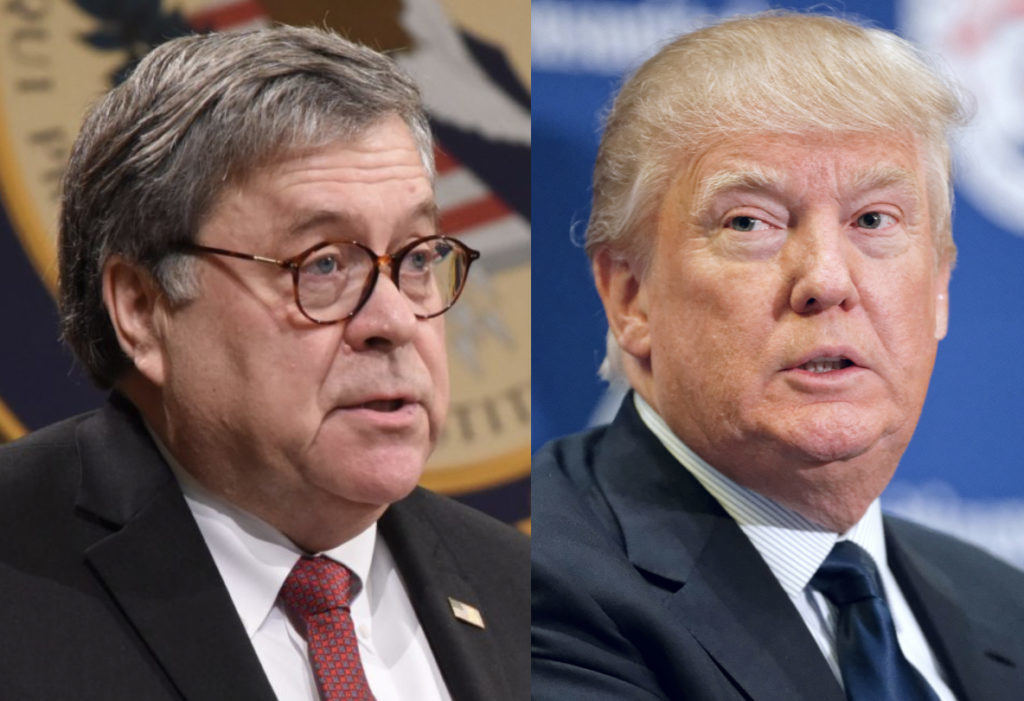The real reason the DOJ is opposing the Lafayette Square civil suit against Donald Trump and Bill Barr

A furor has erupted across social media this weekend, in response to the news that the Department of Justice is formally opposing a lawsuit brought against Donald Trump and Bill Barr over their actions in relation to the Lafayette Square crackdown on protesters. But as often ends up being the case, much of the furor is based on a misunderstanding of how the law actually works.
To be clear, this was a lawsuit brought by a private party against Trump and Barr. Lawsuits are merely a civil dispute over money and damages, and they have nothing to do with any criminal charges that the DOJ might or might not bring against anyone in relation to the Lafayette Square crackdown.
In fact, a civil suit like this can end up interfering with a planned criminal case, by forcing the premature release of sensitive evidence that’s being used to build the criminal case. So in that regard, the DOJ’s opposition to the civil suit can potentially be seen as a sign that it does intend to bring criminal charges in relation to the incident.
There is also the reality that the DOJ’s position on this lawsuit isn’t likely to have an impact on the judge’s ruling. Again, this is a civil suit brought by a private party against two former government officials. The DOJ isn’t even a party to the civil suit. If the judge concludes that the civil suit has legal merit, it will proceed over the DOJ’s third-party objections.
In other words, this is all a furor over essentially a non-issue, brought about by the mistaken belief that a civil suit somehow is a criminal case, or that the DOJ is somehow opposing a criminal case, and a number of other misunderstandings of criminal vs civil law. This DOJ move won’t impact anything. But it may have possibly just tipped off that the DOJ is working on a criminal case with regard to Lafayette Square.
